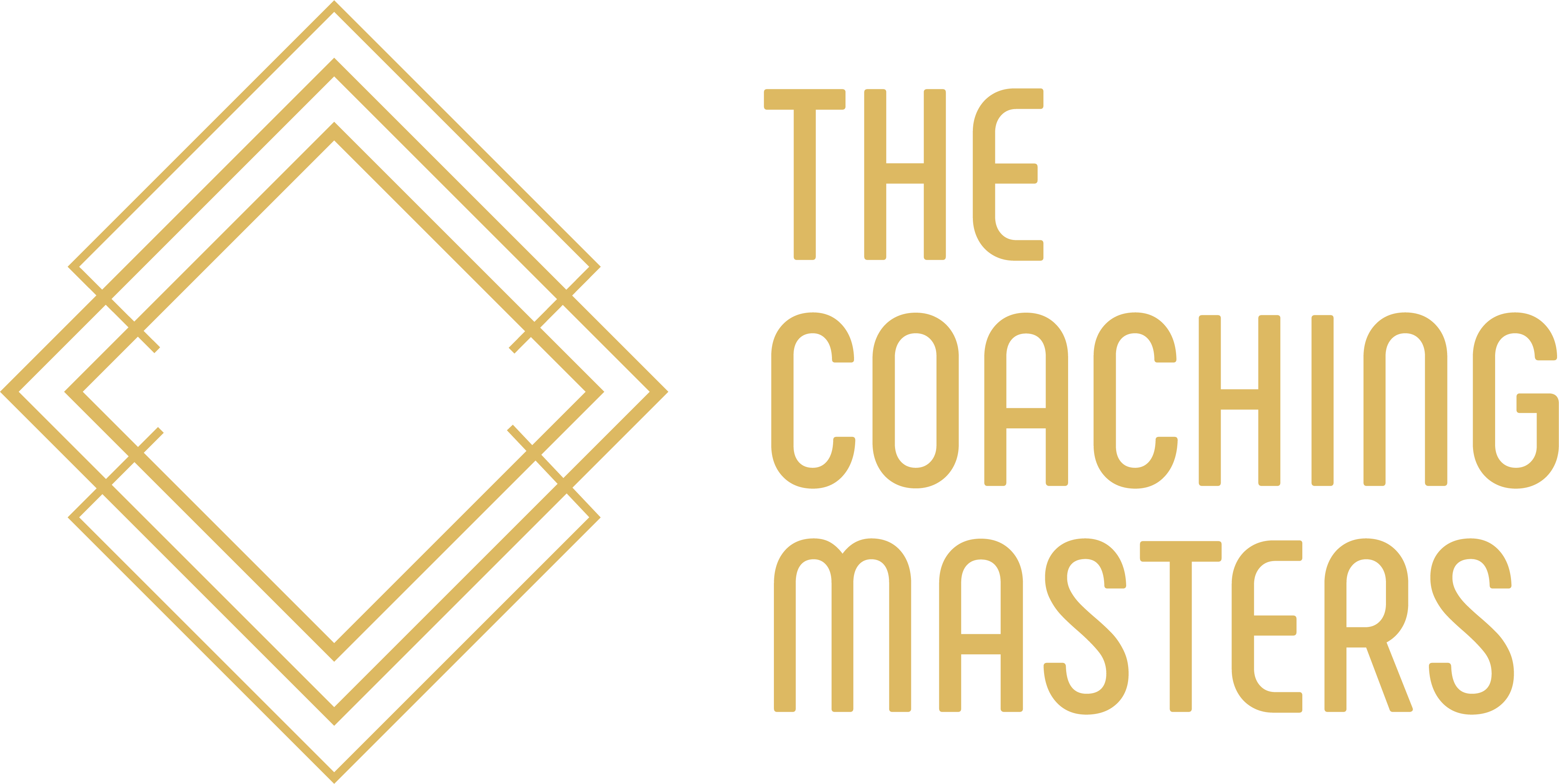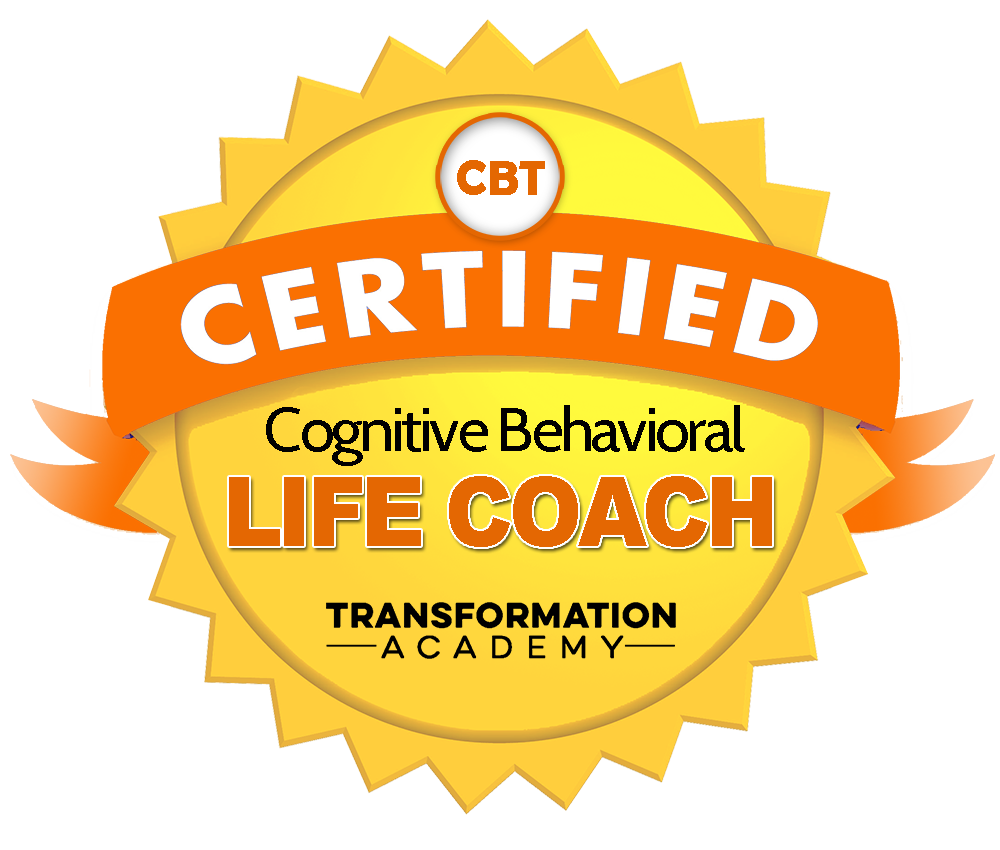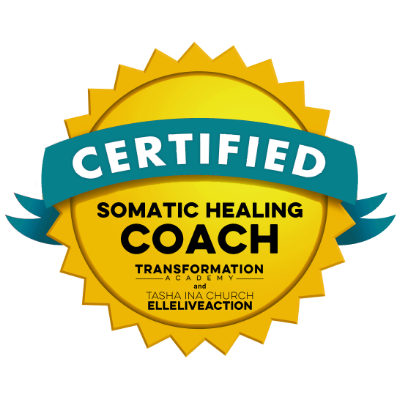Education And Mental Health

A Crucial Intersection
Mental health issues are pervasive and often misunderstood, but one of the most potent tools in addressing and managing these issues is education. The educational system plays a critical role in supporting individuals with mental health conditions, offering not just academic knowledge but also resources and interventions that can significantly improve quality of life. This article explores the interplay between education and mental health, highlighting how educational resources can empower individuals to manage their conditions more effectively.
Understanding Mental Health Through Education
Many individuals with mental health challenges are often unaware of the resources and support available to them due to misinformation or lack of knowledge. Mental health education helps bridge this gap, equipping individuals with the information they need to understand their conditions and seek appropriate treatment.
Learning about mental health can demystify conditions that might otherwise seem insurmountable. For instance, understanding the symptoms and causes of disorders like depression, anxiety, or bipolar disorder can alleviate fears and misconceptions, making it easier for individuals to seek help and adhere to treatment plans.
The Role of Educational Institutions
Educational institutions, from schools to universities, have a significant role to play in promoting mental health awareness. They provide a structured environment where individuals can learn about mental health issues and how to manage them. This is particularly crucial for young people, who might be experiencing the onset of mental health conditions for the first time.
Schools and colleges often have counselling services, support groups, and workshops that focus on mental health education. These resources not only support students in managing their conditions but also help reduce the stigma associated with mental health issues. Educators can play a vital role in identifying students who might be struggling and connecting them with appropriate resources.
Therapy and Education: A Symbiotic Relationship
While therapy is an essential component of mental health treatment, education can enhance its effectiveness. Educated patients are more likely to understand their diagnoses and the rationale behind their treatment plans, making them more engaged and compliant with their therapies.
For example, cognitive-behavioural therapy (CBT) often includes educational components where patients learn about the cognitive processes that contribute to their mental health issues. Understanding these processes can empower individuals to change their thought patterns and behaviours, leading to improved outcomes.
The Complexity of Mental Health Diagnosis
One of the challenges in mental health care is the complexity and variability of diagnoses. Conditions like schizophrenia, bipolar disorder, depression, and anxiety can present very differently from person to person. This variability can make it difficult to find a one-size-fits-all approach to treatment.
Education can help both patients and professionals navigate this complexity. By learning about the different ways mental health conditions can manifest and how they interact with other factors like environment and genetics, individuals can better understand their unique situations. This understanding can lead to more personalised and effective treatment plans.
Tailoring Treatment to the Individual
Effective mental health treatment requires a tailored approach that considers the individual’s unique needs and circumstances. Educational resources can provide individuals with the knowledge they need to understand why certain treatments might work for them while others do not.
For instance, two patients with schizophrenia might respond very differently to the same treatment. One might find relief with medication, while another might benefit more from a combination of therapy and lifestyle changes. Understanding these nuances can help patients work more effectively with their healthcare providers to find the best treatment plan for their needs.
The Impact of Unresolved Mental Health Issues
Unaddressed mental health issues can have significant long-term consequences, not just for the individual but also for those around them. Chronic mental health conditions can lead to physical health problems, strained relationships, and decreased quality of life. They can also place a burden on healthcare systems and society at large.
Education can play a crucial role in preventing these outcomes by providing individuals with the tools they need to manage their mental health effectively. For example, learning about the impact of stress on the body can motivate individuals to adopt healthier coping mechanisms, reducing the risk of long-term health problems.
The Importance of Self-Awareness and Re-Education
Self-awareness is a critical component of mental health management. Education can help individuals develop this self-awareness, allowing them to recognise and address the root causes of their mental health issues.
For instance, individuals who have been taught to feel guilty or ashamed of certain behaviours might need to re-educate themselves to understand that these feelings are not based on reality. By accessing a variety of educational resources, they can develop a more balanced perspective on their experiences and learn to let go of harmful beliefs.
Conclusion: Education as a Pathway to Empowerment
Education is a powerful tool for empowering individuals to manage their mental health more effectively. By providing accurate information and resources, educational systems can help individuals understand their conditions, seek appropriate treatment, and develop the skills they need to lead fulfilling lives.
Ultimately, the intersection of education and mental health offers a pathway to greater understanding, improved treatment outcomes, and a better quality of life for those affected by mental health issues. By continuing to prioritise mental health education, we can create a more informed and compassionate society that supports the well-being of all its members.
Click the link below to book your free clarity call or free virtual coffee chat.
Grab a copy of our newletter by completing the form below, this will then be sent to your inbox every month.
My Affirmation For The Week
"Creativity is contagious. Pass it on."









